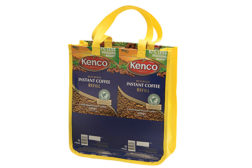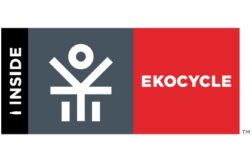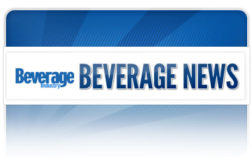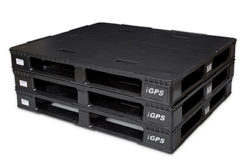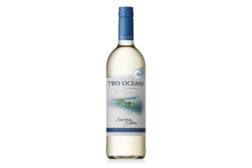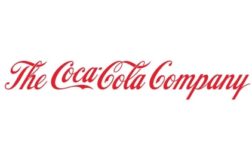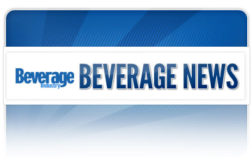Home » sustainability
Articles Tagged with ''sustainability''
Reducing impact through reusable assets
Suppliers seek durable and detectable containers
June 13, 2012
Elevate your expertise in the beverage marketplace with unparalleled insights and connections.
Join thousands of beverage professionals today. Shouldn’t you know what they know?
JOIN NOW!Copyright ©2025. All Rights Reserved BNP Media.
Design, CMS, Hosting & Web Development :: ePublishing
